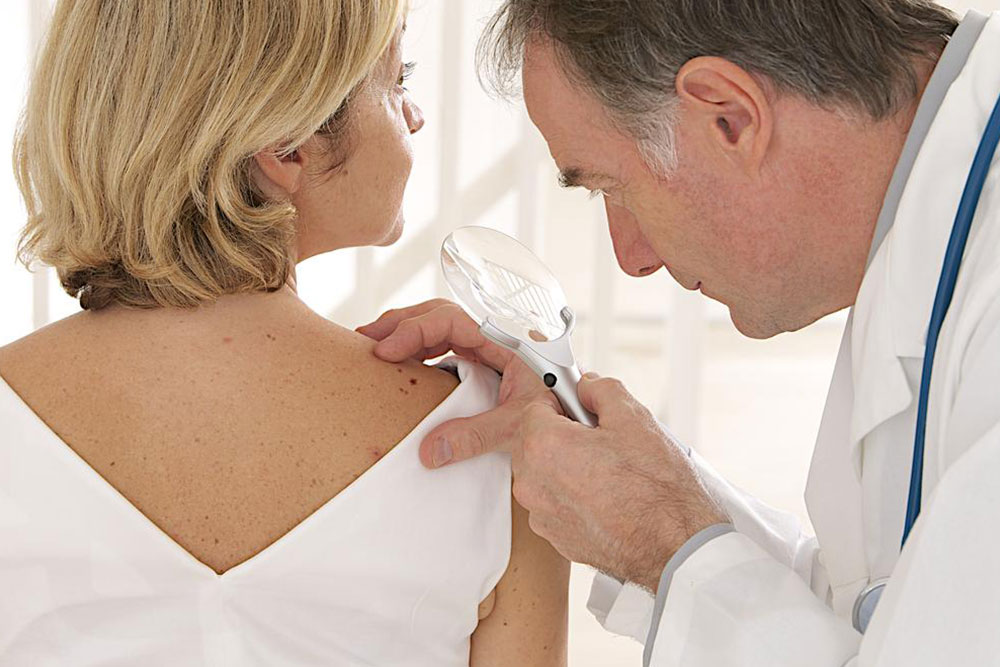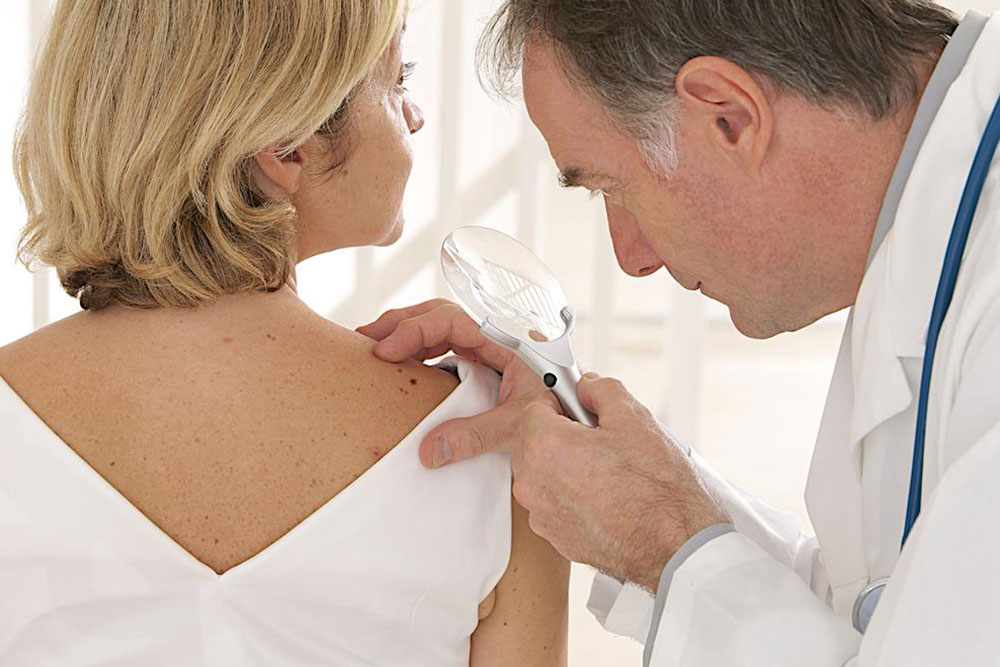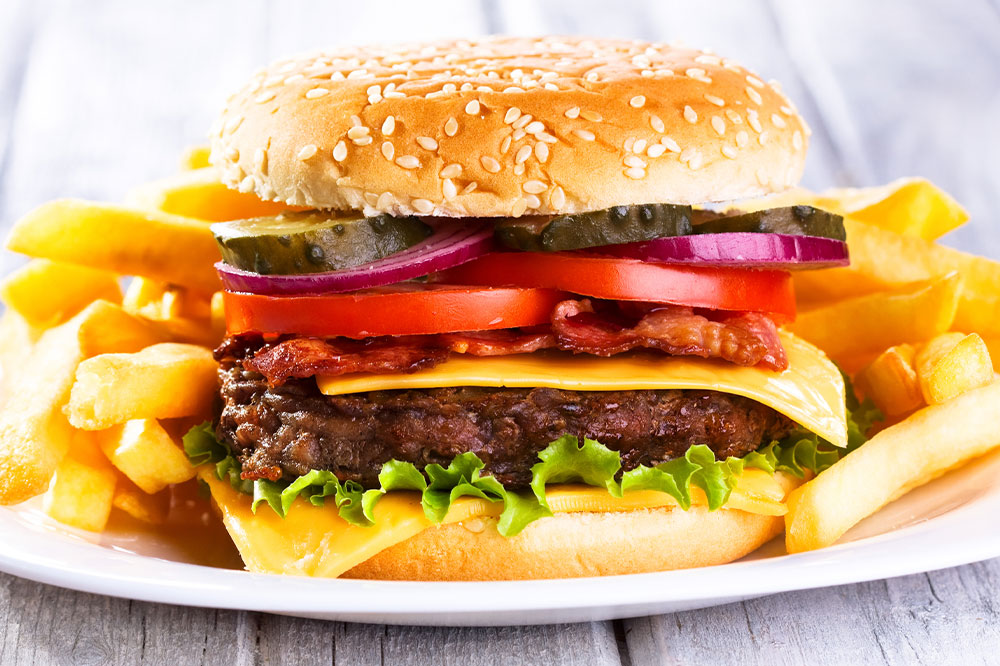Dietary Factors Influencing Cancer Risk and Modern Treatment Strategies
Discover which foods may increase your risk of developing cancer and learn about the latest treatment options. This comprehensive guide covers dietary habits that could pose health risks and explores modern therapies that improve cancer management outcomes.

Understanding Foods That May Heighten Cancer Chances
Cancer comprises a group of complex diseases characterized by abnormal and uncontrolled cell proliferation. It remains one of the leading causes of mortality worldwide. Although genetics play a role, environmental factors such as lifestyle and notably diet are significant contributors. Numerous studies have identified specific dietary patterns and food choices that can increase the likelihood of developing various types of cancer. Recognizing these foods is vital for individuals seeking to reduce their risk and adopt healthier eating habits.
This comprehensive overview aims to shed light on certain foods that have been linked to higher cancer risk, provide insights into how they affect the body, and discuss available treatment options for cancer management. Understanding the connection between diet and cancer can empower individuals to make informed choices and take proactive steps towards prevention and treatment.
Foods That Can Contribute to Increased Cancer Risk
Processed and Fried Foods Processed foods, including fast foods, snack items, and ready-to-eat meals, are common in many diets. Their extensive processing often involves chemical preservatives, artificial flavorings, and other additives that may pose health risks. Furthermore, cooking methods such as frying, especially at high temperatures, lead to the formation of carcinogenic compounds like acrylamide and heterocyclic amines. These substances have been linked to increased risk of cancers, including colorectal, pancreatic, and esophageal cancers. Regular consumption of fried foods and highly processed snacks has been associated with elevated inflammation and oxidative stress, both of which are conducive to cancer development.
The Impact of Overcooked and Charred Foods
Excessively Cooked Foods Preparation techniques significantly influence the health implications of food consumption. Grilling, barbecuing, and frying at high temperatures often result in the formation of carcinogenic chemicals like polycyclic aromatic hydrocarbons (PAHs) and heterocyclic amines (HCAs). Additionally, overcooked starchy foods such as potatoes can produce acrylamide, a chemical recognized as a potential human carcinogen. These compounds can damage DNA and promote cellular mutations, increasing the risk of various cancers. To mitigate these risks, healthier cooking methods such as baking, steaming, poaching, pressure cooking, or slow cooking are recommended. Such techniques reduce the formation of harmful substances and preserve nutritional value.
Dairy Products and Cancer Risk Correlation
Dairy Consumption While dairy products like milk, cheese, and yogurt are common sources of calcium and essential nutrients, some research suggests that high intake may be linked to an increased risk of certain cancers. This association is thought to be related to insulin-like growth factor-1 (IGF-1), a hormone stimulated by dairy consumption. Elevated IGF-1 levels have been implicated in promoting cell proliferation and inhibiting apoptosis, processes involved in cancer development. Individuals concerned about this risk might consider moderating dairy intake or choosing plant-based alternatives, especially if they have a family history of hormone-related cancers.
Alcohol and Its Role in Cancer Etiology
Alcohol Consumption Alcoholic beverages are widely consumed socially, but they pose significant health risks regarding cancer development. When alcohol is metabolized in the body, it converts into acetaldehyde, a toxic and carcinogenic compound that can damage DNA and interfere with DNA repair mechanisms. Chronic alcohol intake also increases oxidative stress and impairs immune function, further elevating cancer risk. Cancers associated with alcohol consumption include those of the mouth, throat, esophagus, liver, and breast. Limiting alcohol intake or abstaining altogether can substantially decrease the risk of alcohol-related cancers.
Advances in Cancer Treatment and Management
Understanding the factors that contribute to cancer development is crucial, but equally important are the modern treatments available to manage and treat this disease effectively. Advances in medical science over recent decades have revolutionized cancer care, offering patients a variety of options tailored to their specific type and stage of cancer.
Among the traditional treatments are surgery, chemotherapy, and radiation therapy. These approaches aim to remove or destroy cancer cells, relieve symptoms, and prolong life. However, recent innovations have brought targeted therapies and immunotherapies to the forefront of cancer treatment. Medications such as Neulasta, Ibrutinib, and Venclexta have shown promise in treating specific cancers by targeting cancer cell growth pathways or enhancing the immune response.
Furthermore, advanced therapies like Chimeric Antigen Receptor (CAR) T-cell therapy and immune checkpoint inhibitors have introduced new hope for many patients. CAR T-cell therapy involves re-engineering a patient’s own immune cells to better recognize and attack cancer cells, leading to higher remission rates in certain blood cancers. Immune checkpoint inhibitors work by blocking proteins that prevent immune cells from attacking cancer, thereby boosting the immune system's ability to fight the disease.
Personalized medicine, early detection, and precise diagnostic tools are also playing vital roles in improving treatment outcomes. These innovations not only help in better managing symptoms but also significantly improve survival rates and quality of life for cancer patients. Staying informed about these developments can assist patients and caregivers in making well-informed decisions about treatment strategies.





